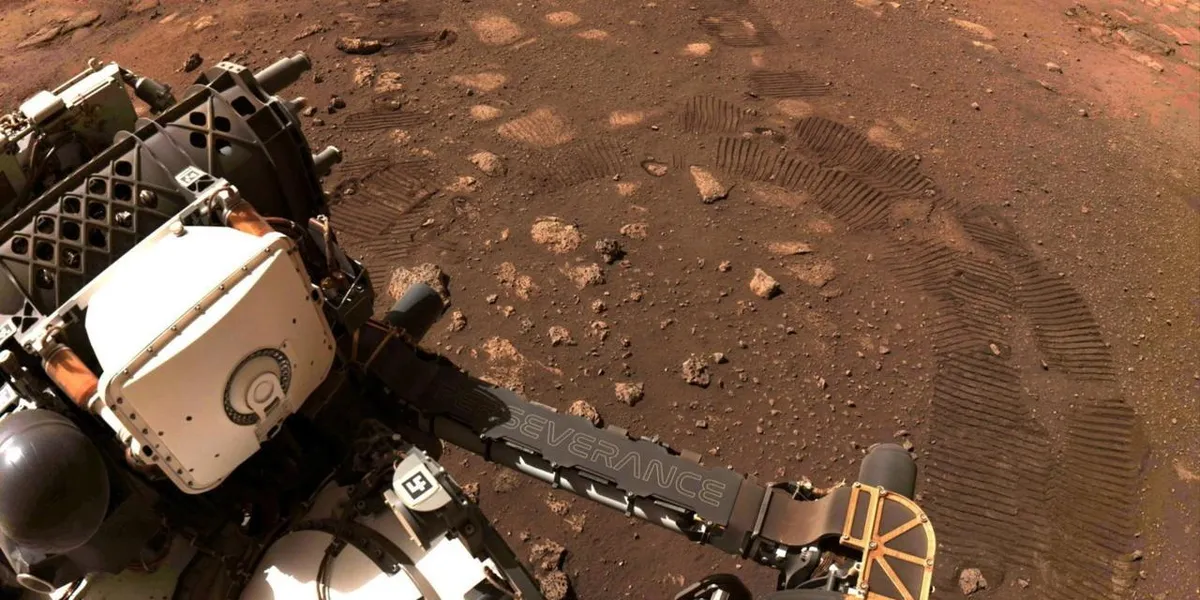
Last week, NASA scientists stirred excitement within the scientific community and beyond by announcing potential evidence of ancient microbial life on the red planet, Mars. This announcement has reignited discussions about the possibility of life beyond Earth and the exploration of our neighboring planet.
The recent findings suggest that conditions on Mars may have been suitable for life billions of years ago. Researchers have analyzed data from various Mars missions and reported intriguing results that could indicate the presence of ancient microbial life. If these claims are verified, it could significantly alter our understanding of life in the universe.
Historically, there have been numerous claims of finding signs of life on Mars, including earlier studies that pointed to possible biological activity. However, many of these findings have not held up under scrutiny. The skepticism surrounding these claims calls for a cautious approach as scientists delve deeper into the latest evidence.
If the current findings are confirmed, they could change the trajectory of future Mars exploration. The potential for ancient life on Mars not only raises questions about our own planet's history but also about the broader implications for extraterrestrial life. Understanding the conditions that may have supported life on Mars can provide insights into the potential for life on other planets.
As NASA and other space agencies continue their exploration of Mars, they remain committed to uncovering the planet's past. Future missions, including rover expeditions and satellite observations, are critical in verifying these findings and furthering our understanding of the Martian environment.
While the excitement surrounding the potential discovery of ancient microbial life on Mars is palpable, it is essential to approach these claims with scientific rigor. As researchers work to validate the evidence, the world watches closely, eager to learn more about our cosmic neighbor and the history it may hold.